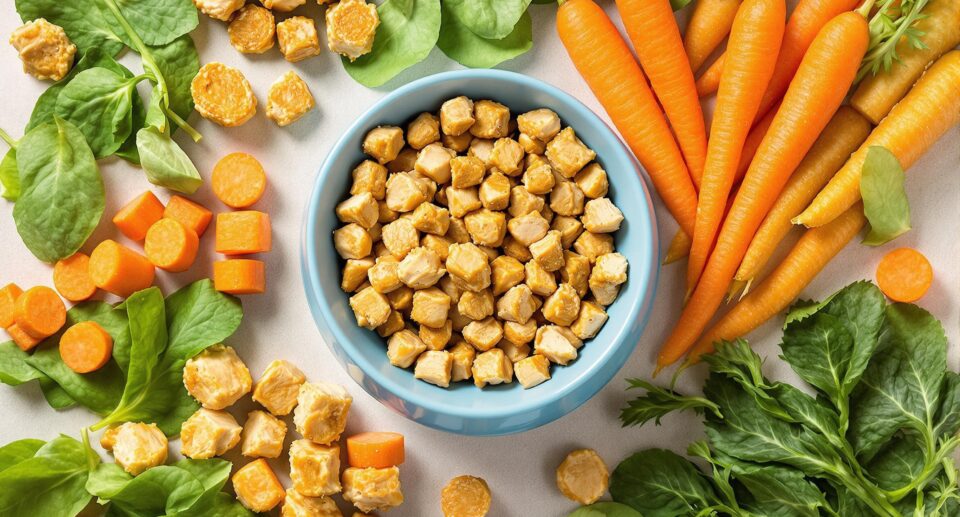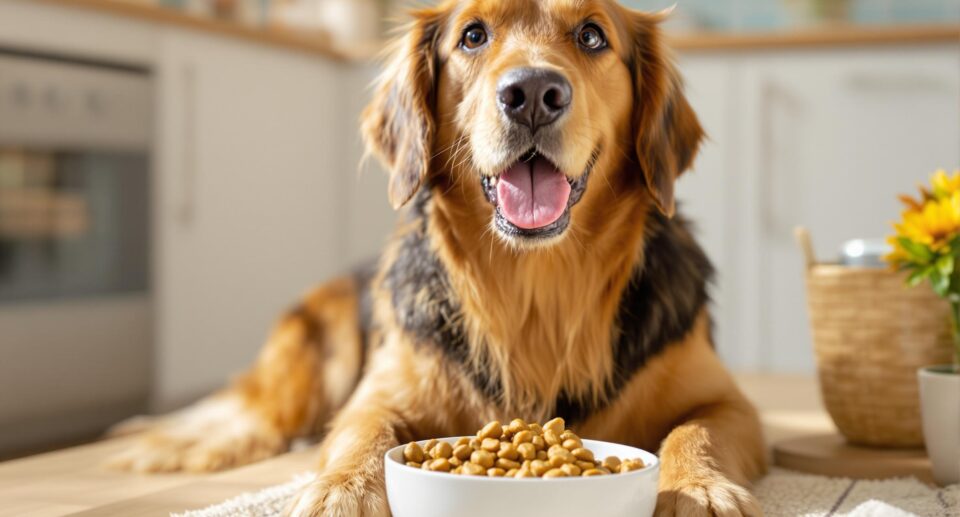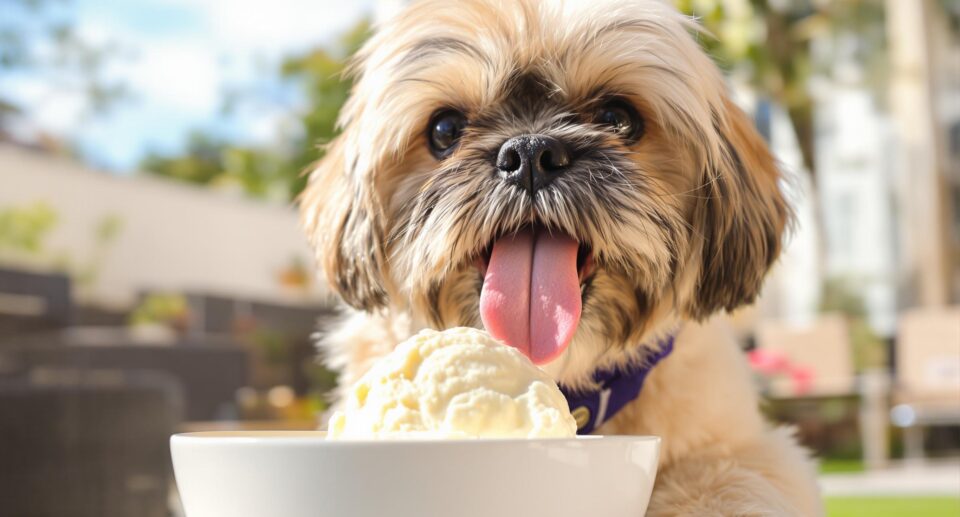Do Dogs Get Tired Of The Same Food Every Day?

Have you ever noticed that while your family may get bored of eating the same leftovers two days in a row, your pets happily chow down on the same meal day after day?
Or have you noticed that your cat or dog perks up when you bring home a new flavor of kibble, only to grow tired of it after a few weeks?
Some pets are pickier than others. Whether your pet doesn’t mind the same meal every day, or they seem to prefer a rotation, the truth is that pets, just like people, can benefit from eating a variety of different foods.
Will Toppers Make My Pet Fussy?
It might seem as though your pet loved their dry food until you started adding canned food, meat, fish, or other toppers. Now, they might refuse to eat and hold out for the “good stuff.”
Healthy fresh foods and canned food add much-needed moisture to your pet’s dry diet. The addition of lean meat, eggs, or fish, fruit, or lightly steamed veggies can be a great source of protein and disease-fighting antioxidants.
Supplementing your cat or dog’s meals with fresh foods does not mean you are spoiling them. Many pets love trying new foods and can benefit from a variety of fresh proteins, produce, and carbohydrates in their diet. It can be as easy as saving pet-friendly table scraps from your meals for use as toppers and treats.
Not all foods are safe for all pets. Chocolate, grapes, raisins, and onions are a few of the most common table foods that are poisonous to pets. If your pet has a chronic health issue, talk to your vet before changing their diet.
Has Your Pet’s Food Gone Stale?
If your pet seems to love their food one week, and hate it the next, there’s a chance that it has gone stale, rancid, or moldy. To ensure your pet’s meals are always fresh, you may need to buy smaller bags to ensure they’re able to finish it in no more than six weeks.
It’s best to store your pet’s food in its original bag, as pouring it into another container can make it oxidize faster. You can place the bag in another container to protect it against moisture, insects, and rodents.
Sometimes, though, your pet’s food may be fresh, but they may still prefer the addition of a topper.
Should I Change My Pet’s Food?
Most commercial pet foods are complete and balanced, so your pet should not suffer any nutritional deficiencies if they eat the same meal every day. However, you may decide to rotate between recipes made by your pet’s favorite brand, or even try different brands when you shop for pet food to help pique your pet’s appetite.
Rotating your pet’s diet can make their stomach more resilient to different foods, which can come in handy if their favorite formula is ever changed or discontinued. A diverse diet helps develop a strong gut microbiome, which can improve your pet’s digestion. Some vets also believe that feeding a rotational diet can help your pet avoid developing food intolerances.
If you do decide to feed a rotational diet, always transition gradually between foods by mixing a small amount of the new food with your pet’s old food each day, increasing that amount until they’re fully switched over.
Talk to your veterinarian if your pet’s appetite does not improve or if you have any other concerns about their diet.





